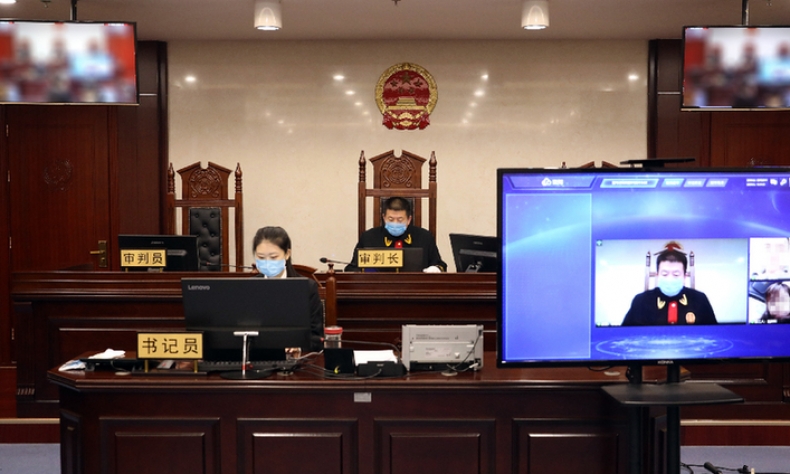Dawn of a Civil Code Era

A new civil code will contribute to modernizing the national governance system and governance capacity and building a country governed by the rule of law.
One of the top priorities on the agenda of the annual session of the 13th National People’s Congress (NPC), the national legislature, was set much before the novel coronavirus pandemic or other recent issues. It was to vote on the draft civil code, a milestone in developing a socialist legal system with Chinese characteristics.
A new civil code will contribute to modernizing the national governance system and governance capacity and building a country governed by the rule of law.
The civil code encompasses almost all aspects of civilian life: birth, death, illness and old-age care, food, clothing, shelter, transportation and more. It ensures civil rights for every person, such as personal dignity, personal freedom, right to life, right to body, right to health, right to inherit and right to privacy. The code ensures equal status and dignity of every person in society and helps create a more people-oriented legal system.
The first attempt to compile a civil code was made in 1954. Then there were three more attempts in 1962, 1979 and 2002. In the absence of a civil code, civil conduct is regulated by the General Rules of the Civil Law as well as articles in other laws and regulations such as the Inheritance Law, Adoption Law and Contract Law.
However, these rules and articles were found to be inadequate to meet the needs of the changing Chinese society. As part of China’s efforts to advance law-based governance, at the Fourth Plenary Session of the 18th Communist Party of China Central Committee in October 2014, it was decided that a civil code would be enacted.
The legislative process started in June 2016. In December 2019, a complete draft civil code was unveiled and posted online to solicit public opinions. The NPC Standing Committee decided in its December 2019 session that the draft would be presented to the NPC annual session in 2020 for deliberation.
The draft comprises general provisions that lay down the basic principles and general rules that civil conduct must follow and serve as a guideline for the following six sections on property, contracts, personality rights, marriage and family, inheritance, and torts.
Together, they form an integral whole to protect the legitimate rights and interests of civil parties, regulate civil relationships and act as the general norms of society. The civil code will improve the civil legal order and safeguard the vital interests of the people.
Experts have pointed out that it is not a new law. Rather, it systematically integrates civil laws and regulations, modifying and improving them to adapt to new situations while maintaining the consistency. The final draft contains 84 chapters with 1,260 articles in total, the most in a law since 1949, when the People’s Republic of China was founded.
The civil code inherits the Chinese legal culture on one hand and on the other learns from the legal practices elsewhere in the world. It stresses the principles of voluntariness, fairness and good faith in civil conduct, resources conservation and ecosystem protection.
The civil code is also important to the development of China’s market economy. China is now at a critical moment of social transformation, with its reform entering the deep-water zone where tough challenges abound. Profound changes have been made to the rules on social interactions and major readjustments have taken place. A civil code is needed to recognize and protect the fruits of the reform and will play a fundamental role in improving the economic system.
A combination of civil and commercial laws, it will improve the basic rules for these activities. By protecting property rights and contracts, leveling the playing field and safeguarding equal exchanges and fair competition, the civil code will be conducive to improving market order, ensuring safety of transactions and perfecting the market mechanism.
Lawmaker Sun Xianzhong, one of those pushing for a civil code in the past, described the public anticipation for entering a new civil code era when he told the media how he felt ahead of the NPC session: “It’s like witnessing a sapling growing into a lush tree.”
 Facebook
Facebook
 Twitter
Twitter
 Linkedin
Linkedin
 Google +
Google +










